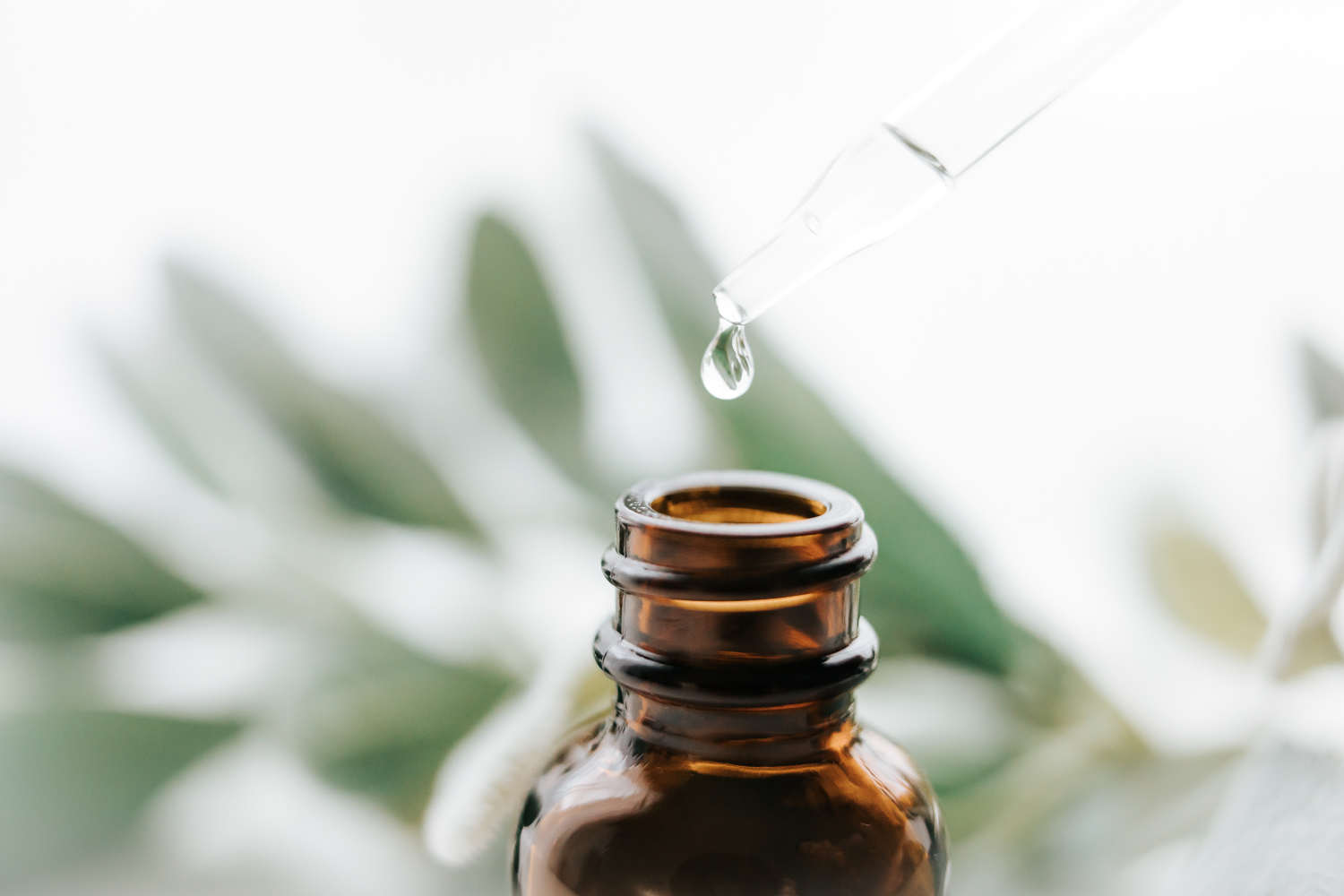Exploring Lavender Essential Oil: Health Benefits, Uses, and Extraction Methods
•Posted on November 01 2024

Introduction
Essential oils, nature’s potent plant extracts, are widely used for their therapeutic qualities in holistic health practices like naturopathy and aromatherapy. In this guide, we’ll focus on lavender essential oil, one of the most popular and versatile oils available. Here’s what you’ll learn:
- Extraction Methods: How lavender oil is obtained through processes like cold pressing and steam/water distillation.
- Usage Tips: Various ways to incorporate lavender oil into your daily routine, including skin applications, aromatherapy, and household cleaning.
- Health Benefits: Lavender oil’s ability to support relaxation, manage minor wounds, promote hair growth, and more.
- Safety Precautions: Important tips for using lavender oil safely, including dilution and possible side effects.
Grown in regions like France, where it reaches peak bloom from June to August, lavender essential oil is an ideal natural remedy for those seeking holistic wellness. Let’s dive in and explore its full potential.
Recommended for You:
How to Extract Essential Oils
Wondering how essential oils are extracted? The process is done in two ways by cold pressing and steam/water distillation.

Cold Pressing
When an essential oil is extracted through cold pressing, this procedure involves mechanically squeezing plants, making them release essential juices.
For lavender plants, we squeeze the petals to get the scented essential oils.
Steam/Water Distillation
With steam/water distillation, however, this process entails passing water or steam through the plant to draw out essential compounds from the plant parts, including roots, leaves, seeds, flowers, and bark.
How to Use Essential Oils

Sometimes our doctors may recommend using essential oils as a preferable method to help manage our medical conditions.
But do you know the ideal process of using the products? How to use essential oils depends on your preferred methods.
We can dilute the essential oil with a carrier oil and apply it directly to our skin.
Another creative way on how to use essential oils is by adding them to body wash or shampoos.
You can even use them when cleaning your house! Learn to make you own non-toxic glass cleaning spray here.
Our citrus scented line of essential oils is perfect for this.
Related Post: Popular Spring Cleaning Tips You Must Try
The most common method of using essential oils is by inhaling directly from the bottle or using humidifiers, aromatic spritzers, clay masks, or diffusers.
Other ways we can use essential oils include:
- Adding them to household surface cleaners,
- Applying the oils on cotton balls and inserting the cotton in car vents and trash bins.
- Adding it to your laundry.
Health Benefits of Essential Oils

Other than being known for its breathtaking scents, lavender essential oil also has health advantages.
Let's read on to learn the benefits of lavender essential oil.
Managing Infections/Wounds
Lavender oil has antiseptic and anti-inflammatory features that assist in healing bug bites, minor burns, and anti-fungal resistant infections.
Of course, if bug bites is a concern of yours, our Buzz Off! mosquito and insect repellant is DEET free and contains no harmful chemicals to prevent bug bites in the first place.
Recommended for You:
Treating Hair Loss

Also, Lavender essential oil uses include the treatment of alopecia areata, a medical condition in which patients lose hair from some or all body parts.
Related Post: This is How Magnesium Can Make Hair Loss Better
Sleep Aid
Various studies have proved inhaling lavender essential oil could be a safe alternative for eliminating moderate and mild sleeping disturbances compared to other medications.
Anxiety Management
Recent research studies have proved inhaling lavender oils can help us minimize anxiety in different situations, including cosmetic surgeries, chest tube removals, intensive unit care stays, and anxiety before surgical operations.
Related Post: What Essential Oils Can Help Improve Anxiety?
Possible Side Effects of Lavender Essential Oils
We all know that anything good may come with its bad sides, and lavender oils are no exception.
However, the good news is the side effects of this product are not that serious, and a doctor can advise you on how to manage the effects.
Some side effects include nausea, vomiting, headache, and skin irritation depending on how you use the oil.
Conclusion
Lavender essential oil offers more than just a delightful fragrance; its therapeutic benefits make it a valuable addition to any wellness routine. From promoting relaxation to supporting skin and hair health, lavender oil is versatile and easy to use in various settings. As you explore the potential of essential oils in your holistic journey, consider Greenway Biotech's personal care collection for high-quality, natural products crafted to support a healthier, balanced lifestyle. Discover a range of essential oils and holistic wellness solutions to enhance your self-care rituals.
Top 5 Essential Oils and their Benefits
Lavender essential oil is just one type of essential oil at your disposal. The reality is, there are many essential oil types!
Here's a list of the top five and their uses.
1. Lavender essential oil — It has a soothing scent, and it's used in aromatherapy to relieve stress. It's also an excellent massaging oil.2. Peppermint essential oil — has a delightful scent and its health benefits include improving athletic performance and managing irritable bowel syndrome symptoms.
Recommended for You:
3. Tee tree oil — it has antifungal and antibacterial properties, and it's ideal for wound care, controlling dandruff, and eliminating head lice.
Recommended for You:
4. Bergamot essential oil — is extracted from the Citrus Bergamia fruit. It has an enticing scent used to enhance body lotions, colognes, and massage oils. It helps manage inflammation and stress.
5. Chamomile essential oil — The essential oil used for this product includes anxiety reduction.
Now that you know the benefits of essential oils and essential oil uses, you can find the right oils for you and your needs.
You can browse our organic essential oil collection here to place an order now!
Comments
0 Comments
Leave a Comment